Mozart: 15 facts about the great composer
Born in Salzburg in 1756, Mozart is now recognised as one of the best classical composers of all times, with repertoire spanning opera to symphonies.
-
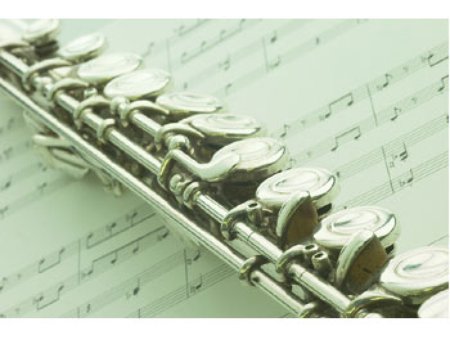
1. The Magic Flute: Mozart's last opera
The Magic Flute was the last opera Mozart composed, it was premiered on 30th September 1791 - roughly three months before he died. Mozart himself conducted the orchestra, while the librettist, Emanuel Schikaneder, sang the role of Papageno.
-
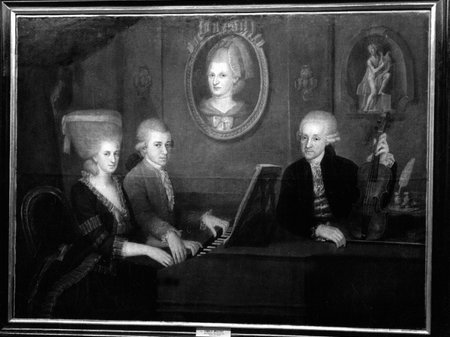
2. Mozart's father, Leopold: a keen musician
Wolfgang Amadeus Mozart was the only surviving son of the well-known violin teacher and occasional composer Leopold Mozart, who wrote the pieces including a Trumpet Concerto and the Toy Symphony.
-
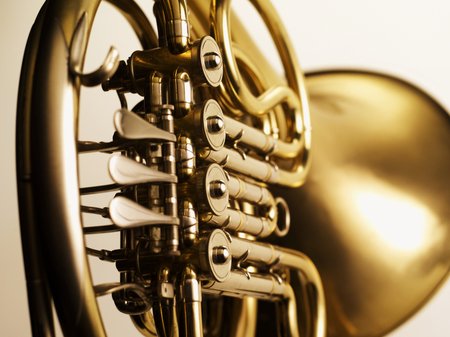
3. Mozart Horn Concerto No. 2
Another Hall of Fame favourite often voted by Classic FM listeners is his Horn Concerto No.2 for his friend and horn player Ignaz Leutgeb.
-
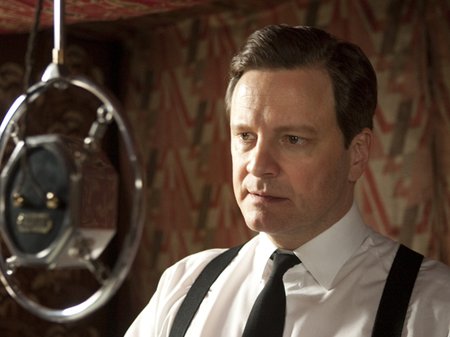
4. Mozart Clarinet Concerto: a film music favourite
Another of Mozart’s most popular compositions is the Clarinet Concerto in A Major features in films including ‘The King’s Speech’, '27 Dresses' and 'Out of Africa'. The Clarinet Concerto is also a favourite here at Classic FM, often appearing in the top 10 in the Hall of Fame
-
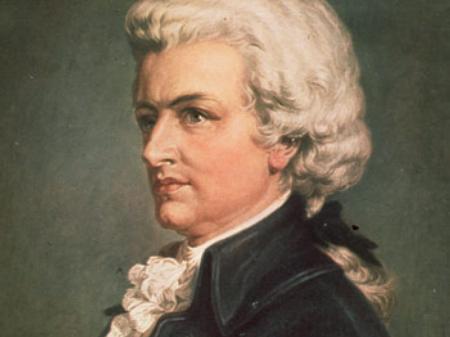
5. Mozart's Requiem: left unfinished
Mozart’s Requiem Mass in D minor was composed in 1791 and was left unfinished at the time of his death. Mozart composed his Requiem with the belief it was for himself. The work was commissioned by an anonymous nobleman, who had intended to pass off the work as his own.
-
-
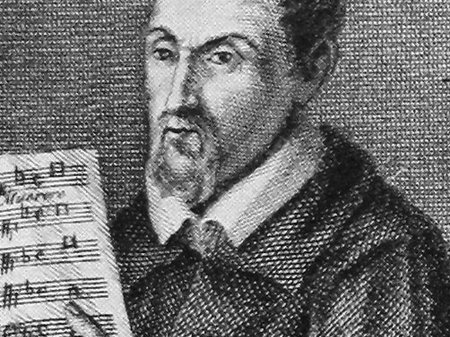
6. Mozart and Allegri's Miserere
Mozart had an incredible ability to remember music, he famously heard Allegri’s Miserere aged fourteen when visiting Rome. Later that day, he wrote it down entirely from memory, returning to the Chapel that Friday to make minor corrections.
-

7. Mozart's music in The Shawshank Redemption
‘Duettino- Sull'aria’ from one of Mozart’s most popular operas ‘The Marriage of Figaro’ features in the film ‘The Shawshank Redemption’.
-
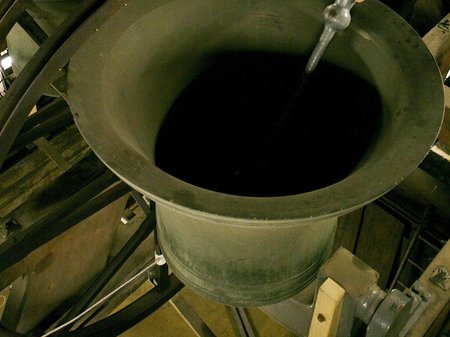
8. Mozart's 250th birthday
On 27th January 2006, all the church bells in Salzburg were rung simultaneously at the exact hour of his birth, in honour of Mozart's 250th birthday.
-
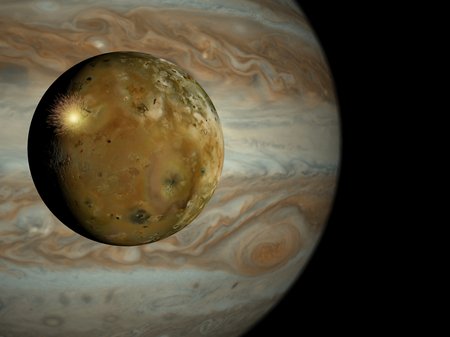
9. Symphony No. 41 nicknamed 'Jupiter'
Mozart wrote his first symphony in London in 1764–5 and his last in Vienna in August 1788. The last symphony, Symphony No.41 was nicknamed in later years the ‘Jupiter’ Symphony, which is believed to have come from an early arrangement for piano by Johann Peter Salomon.
-

10. Mozart: a classical catalogue
Mozart’s compositions were catalogued in the 19th century by Köchel, and they are now generally distinguished by the K. numbering from this catalogue such as Mozart’s Ave Verum Corpus K.618.
-
-
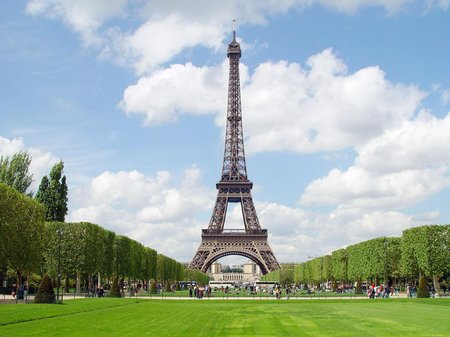
11. Mozart's Symphony No.31 'Paris'
Mozart composed his first 30 symphonies by the age of 18, and returned to composing symphonies a few years later in Paris, the city which also happens to be the nickname of his Symphony No.31.
-
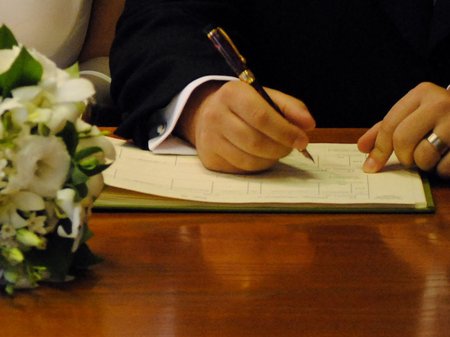
12. Mozart's wife, Constanze Weber
Constanze Weber was Mozart’s wife and her father Fridolin’s half-brother was the father of composer Carl Maria von Weber. Constanze had three sisters, Josepha, Aloysia and Sophie, who were all were trained as singers and later performed in premieres of a number of Mozart's works.
-
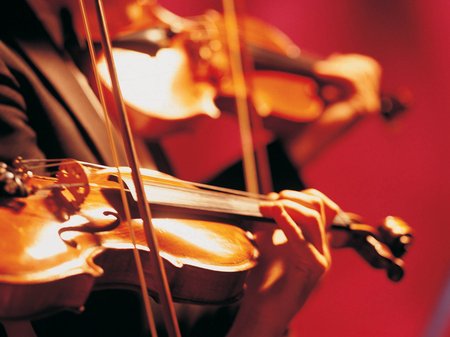
13. Mozart's Divertimento: A Musical Joke
Mozart's A Musical Joke also known as Divertimento for two horns and string quartet, is thought to have been written to be intentionally as a funny piece, clumsy, mechanical and over-repetitive.
-
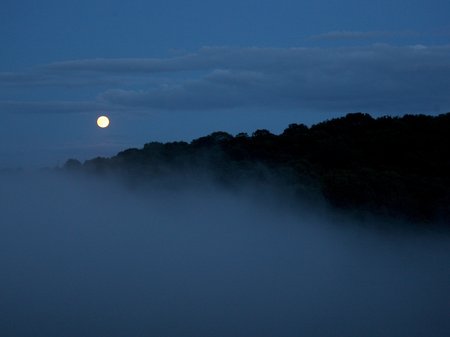
14. Eine Kleine Nachtmusik
Eine Kleine Nachtmusik ('A Little Night Music') is also known as Serenade No. 13 for strings in G major and was written by Wolfgang Amadeus Mozart in 1787. Only four of the five original movements survive.
-
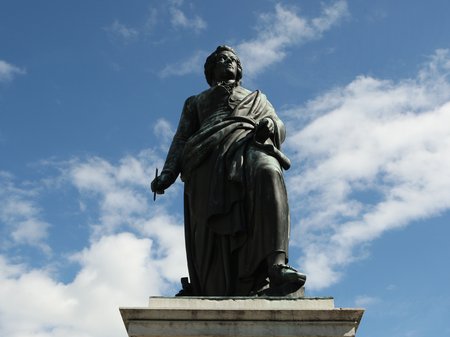
15. Mozart Statue
A Mozart monument stands in Salzburg, Mozart's birthplace, which is 3m in height which has been there for over 150 years. The monument was made in 1842 by Ludwig Schwanthaler and was unveiled in the presence of Mozart’s sons.























